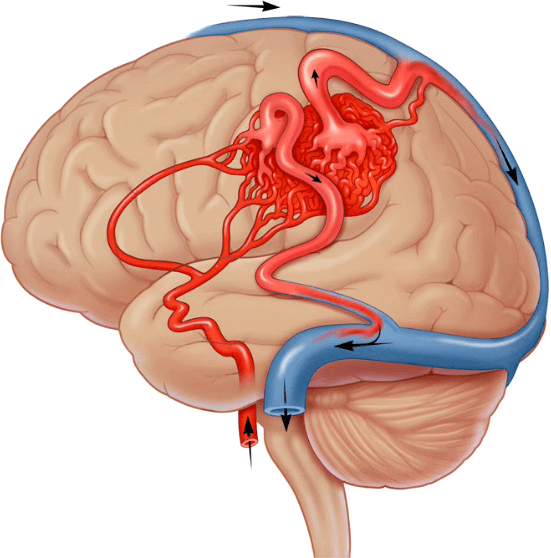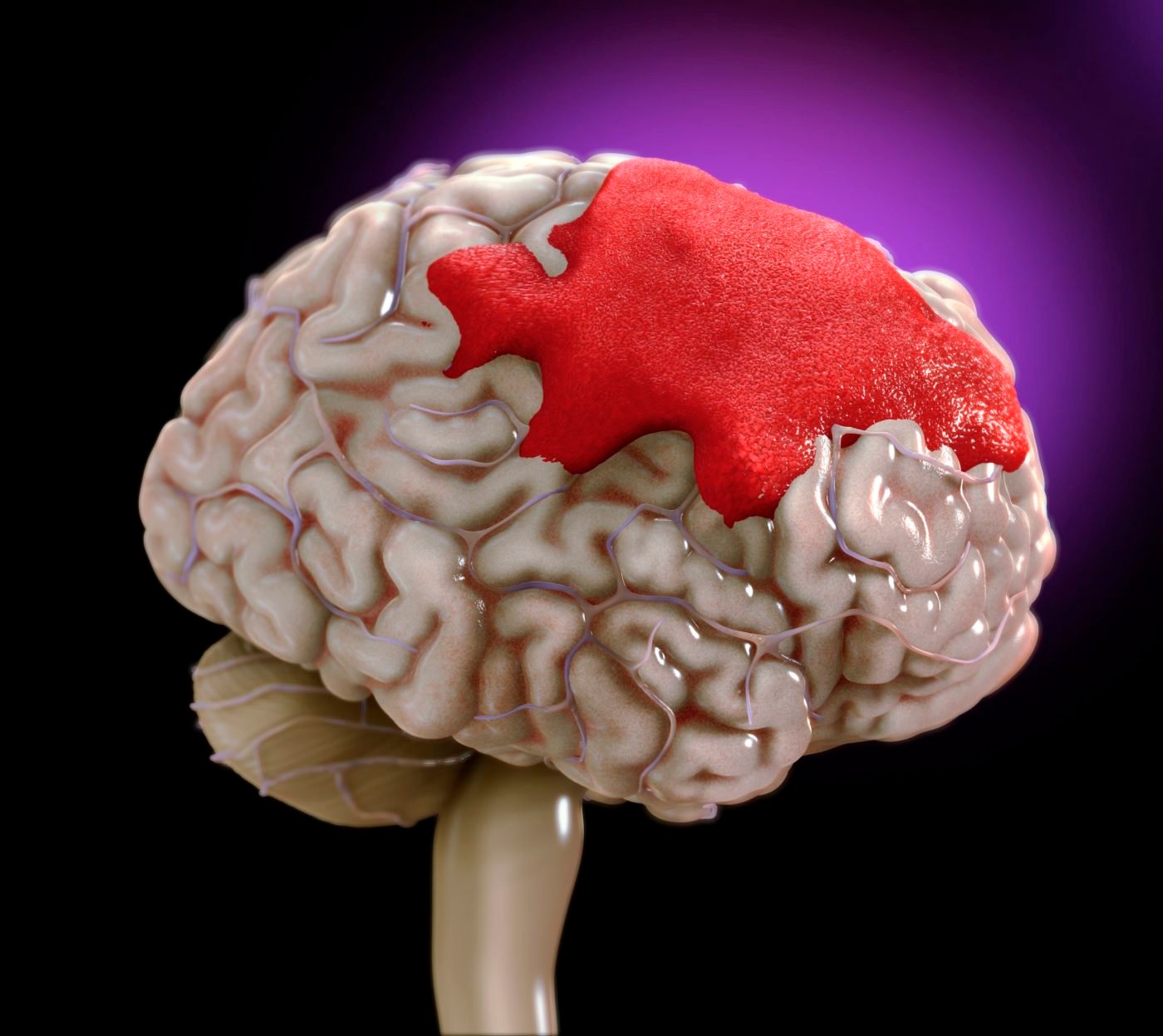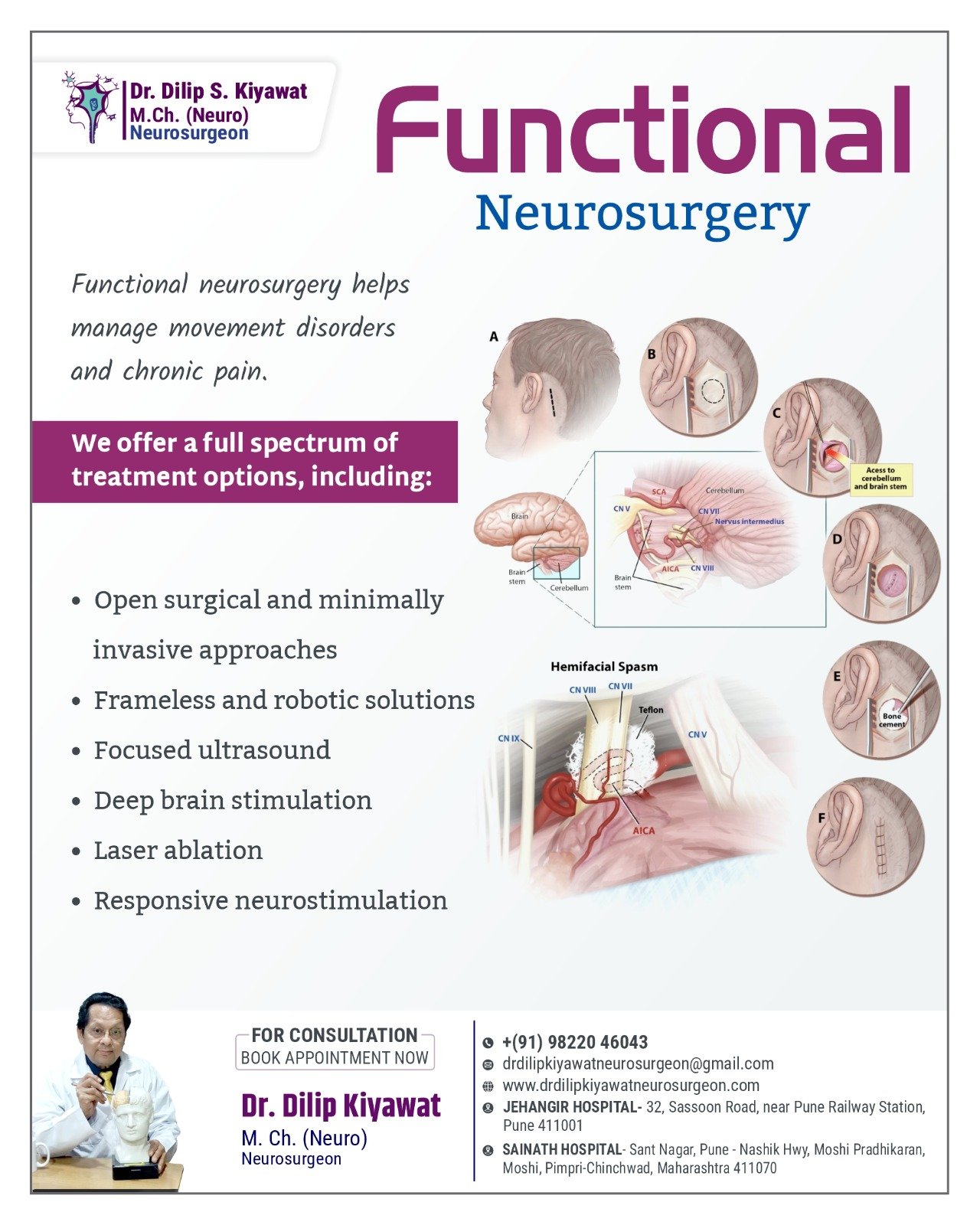Functional neurosurgery is a specialized branch of neurosurgery aimed at treating movement disorders and chronic pain. It offers a spectrum of treatment options that can significantly improve the quality of life for patients suffering from these conditions. In this blog, we will explore the various aspects of functional neurosurgery and how it can help manage neurological disorders.
What is Functional Neurosurgery?
Functional neurosurgery involves surgical interventions to restore or modify the nervous system’s function. This approach is particularly useful for patients with movement disorders, such as Parkinson’s disease, essential tremor, and dystonia, as well as chronic pain conditions like trigeminal neuralgia.
Comprehensive Treatment Options
Functional neurosurgery encompasses a wide range of techniques and technologies. Here are some of the key treatment options available:
- Open Surgical and Minimally Invasive Approaches: These techniques involve traditional surgical methods and newer, less invasive procedures to access the brain and spinal cord. Minimally invasive approaches often result in shorter recovery times and reduced risks.
- Frameless and Robotic Solutions: Advances in technology have introduced frameless and robotic systems that enhance the precision and safety of neurosurgical procedures. These tools allow for more accurate targeting of the affected areas.
- Focused Ultrasound: This non-invasive treatment uses high-frequency sound waves to target and treat specific brain regions. It is particularly effective for patients with essential tremor and other movement disorders.
- Deep Brain Stimulation (DBS): DBS involves implanting electrodes in specific brain areas and connecting them to a pacemaker-like device. This device sends electrical impulses to the brain, helping regulate abnormal signals and alleviate symptoms of movement disorders.
- Laser Ablation: This technique uses laser energy to remove or destroy abnormal brain tissue. It is often used to treat conditions like epilepsy and certain brain tumors.
- Responsive Neurostimulation: This treatment involves implanting a device that monitors brain activity and delivers electrical stimulation to prevent seizures in patients with epilepsy.
Who Can Benefit from Functional Neurosurgery?
Functional neurosurgery is beneficial for patients with various neurological disorders, including:
- Movement Disorders: Conditions like Parkinson’s disease, essential tremor, and dystonia can significantly impact a person’s daily life. Functional neurosurgery can provide relief from symptoms and improve motor function.
- Chronic Pain: Conditions such as trigeminal neuralgia and hemifacial spasm can cause severe, debilitating pain. Surgical interventions can help manage pain and improve the quality of life.
- Epilepsy: Patients with drug-resistant epilepsy may find relief through surgical options like DBS or responsive neurostimulation.
Why Choose Dr. Dilip Kiyawat?
Dr. Dilip Kiyawat is a highly experienced and skilled neurosurgeon specializing in functional neurosurgery. With a focus on providing personalized care and utilizing the latest technologies, Dr. Dilip Kiyawat offers comprehensive treatment options tailored to each patient’s unique needs.
For consultation and appointment booking, you can reach Dr. Dilip Kiyawat at:
- Phone: +91 9822046043
- Email: drdilipkiyawatneurosurgeon@gmail.com
- Website: www.drdilipkiyawatneurosurgeon.com
Clinic Locations
- Jehangir Hospital: 32, Sassoon Road, near Pune Railway Station, Pune 411001
- Sainath Hospital: Sant Nagar, Pune – Nashik Hwy, Moshi Pradhikaran, Moshi, Pimpri-Chinchwad, Maharashtra 41107
Conclusion
Functional neurosurgery offers hope and relief to patients suffering from movement disorders and chronic pain. With a variety of treatment options available, patients can find a solution that best suits their condition and lifestyle. If you or a loved one is struggling with a neurological disorder, consider consulting with Dr. Dilip Kiyawat to explore the possibilities of functional neurosurgery.








